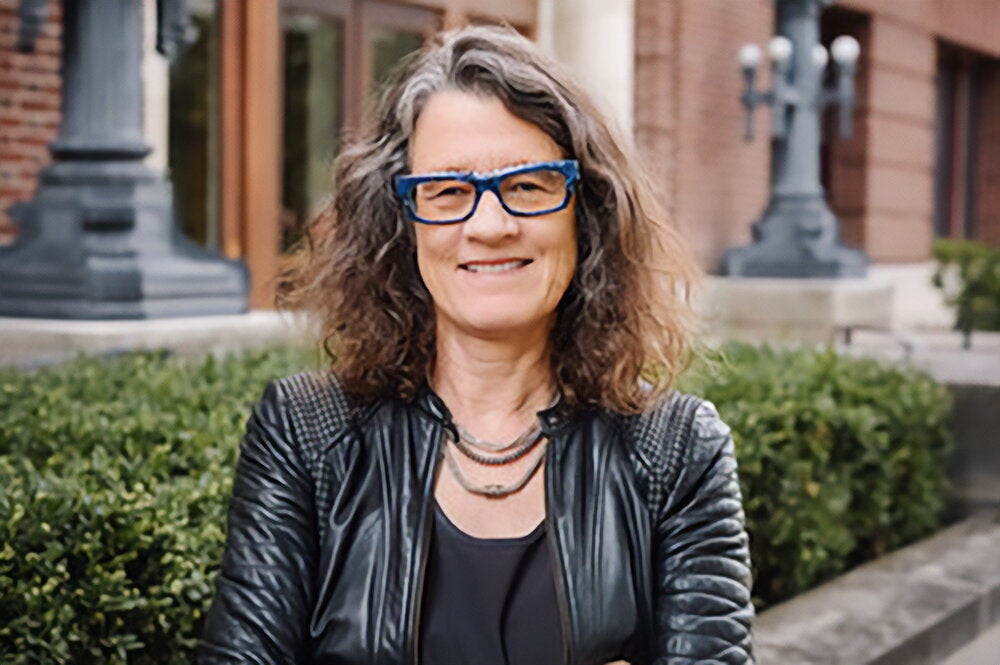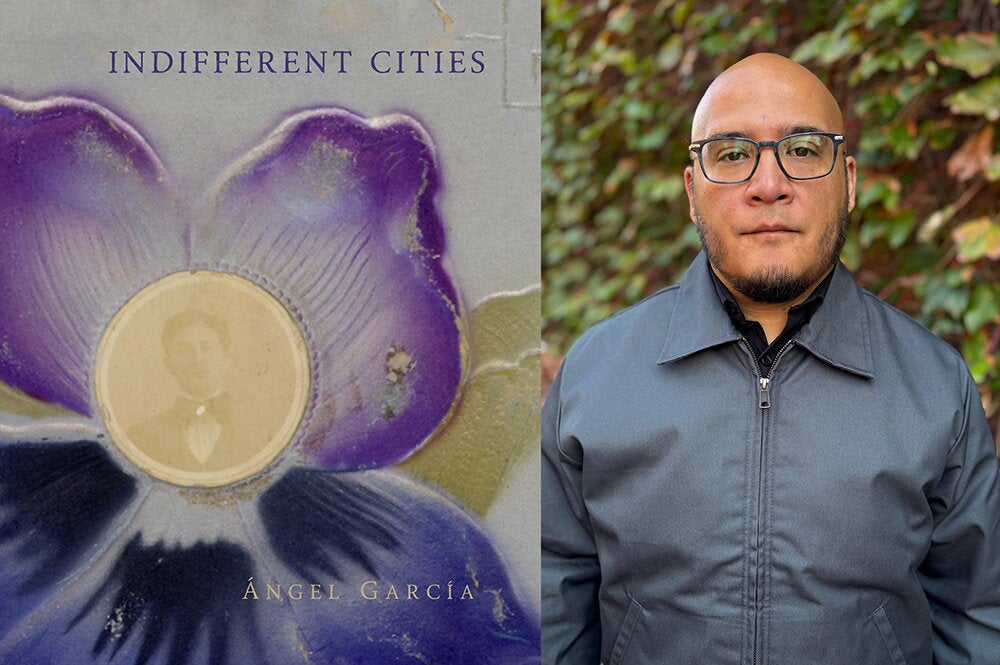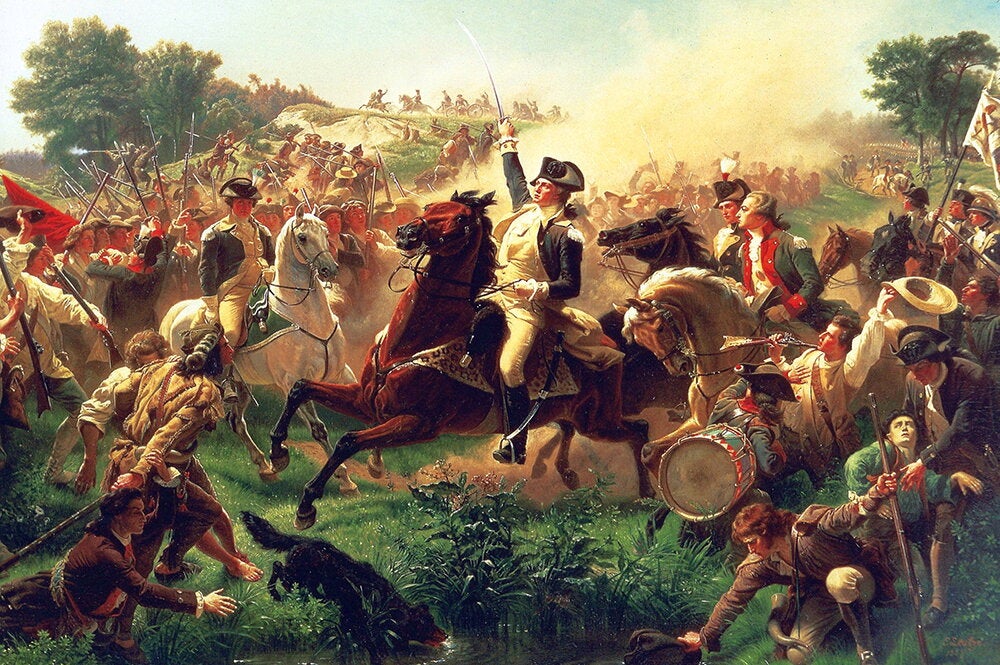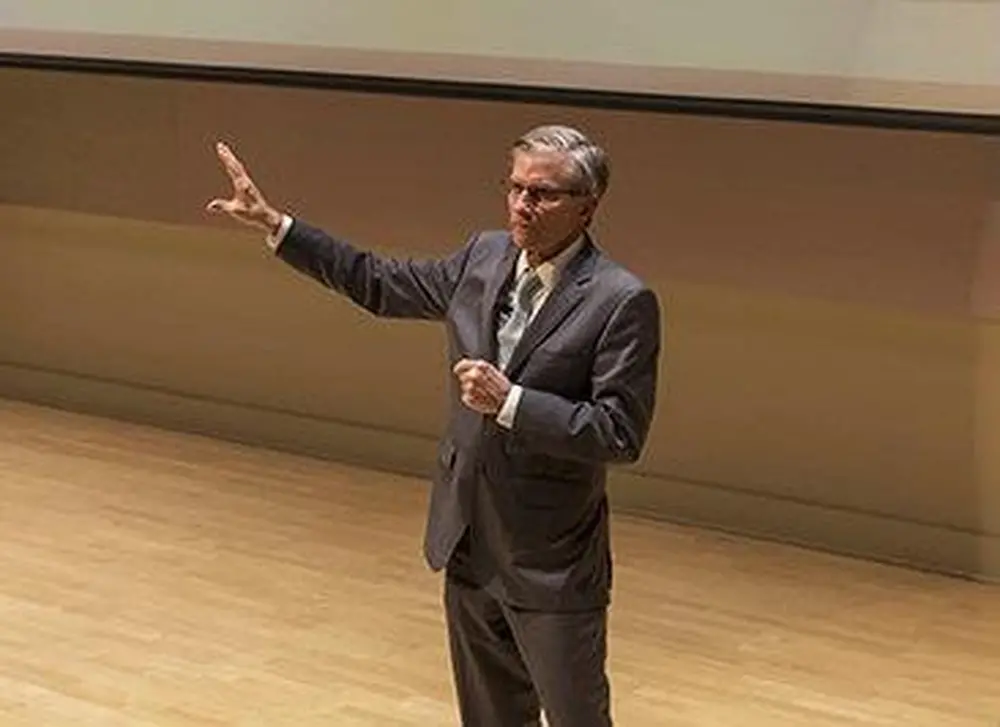
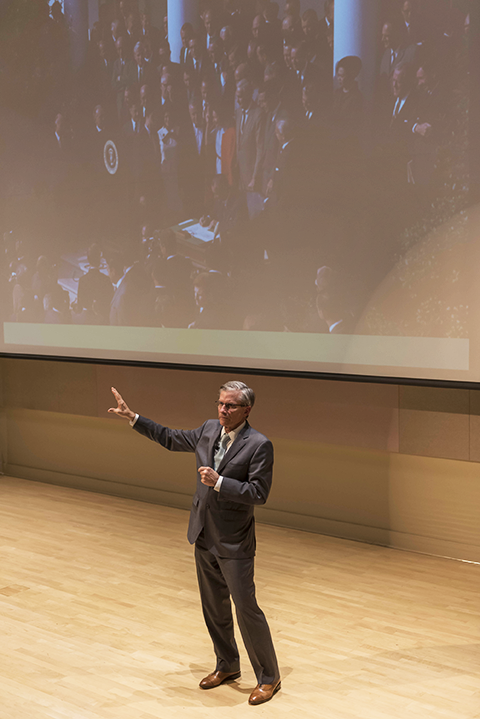
There’s good reason to be optimistic about the future of the humanities, but a sustained and innovative commitment at educational institutions such as the University of Illinois is required to maintain them in their role as an essential part of American democracy, the chairman of the National Endowment for the Humanities said during his visit to campus.
William Adams spent two nights on campus as part of the 50th anniversary of the creation of the NEH, which was formed in 1965 when U.S. President Lyndon Johnson signed the National Foundation on the Arts and the Humanities Act into law. Since then, the agency has awarded more than $28 million to hundreds of projects—mostly research and education programs—at Illinois.
In all, NEH has awarded roughly 63,000 grants totaling $5.3 billion since the agency was created. At the University of Illinois, according to the Illinois Program for Research in the Humanities (IPRH), those grants have been awarded to research and other projects in more than 85 disciplines, from the arts to literature, history, languages, social sciences, education and other areas of study.
Adams visited local programs, such as the Odyssey Project and the Chez Family Foundation Center for Wounded Veterans, and met with university administrators, elected officials, faculty, and project coordinators, among others. His time on campus culminated in a public speech last Thursday at Spurlock Museum’s Knight Auditorium in front of a large crowd that included Illinois President Timothy Killeen and Barbara Wilson, interim chancellor of the Urbana-Champaign campus and Harry E. Preble Dean of the College of LAS.
Adams was nominated to be chairman of the NEH by President Obama in 2014. He was sworn in in June of that year.
Antoinette Burton, professor of history and interim director of IPRH, described the chairman’s visit as a momentous event on campus, as the NEH has made possible research and other endeavors that can’t be quantified by dollar figures alone. Scholars at Illinois have studied war, social change, revolution, poetry, modern literature, and many other aspects of American politics, history, and culture, she said.
“Humanities scholars have shared their knowledge not only in books and articles for other scholars, but in institutes and summer workshops through which faculty brought a wide range of humanities topics into classrooms at all levels of the curriculum,” Burton said. “NEH support has also helped us with the art and heritage collections, built up over generations, and has provided opportunities to share them with the public.”
The NEH chairman’s speech struck a balance between being optimistic and precautionary, as he spelled out the vital role that NEH and the study of humanities in general plays in society. This includes everything from the influence of humanities research on U.S. Supreme Court justices to the “humanities infrastructure,” he said, which has grown steadily during the past 50 years, as there are now more than 35,000 museums in the United States.
“In 2006 these institutions attracted approximately 850 million visitors every year, which exceeded attendance for all professional sporting events and theme parks combined,” Adams said, to cheers and loud applause.
Adams also warned against the “current narrowing of educational purpose” at schools and universities tempted to place lopsided emphasis on programs in science, math, and engineering to the detriment of other programs. Culture and the humanities, he said, are critical to maintaining innovation and avoiding “moral and political inertia.”
“(Think of) the vexing questions being raised by genetic engineering and our relationship with the natural world,” Adams said. “These are not in the end technical or scientific in nature, though our technology and science certainly raise their fair share of thorny issues. Rather the grand challenges of our times almost always appear at the intersections of our history, our culture, our ideas, and our values. These are the domains in which the humanities have the greatest power and authority.”
